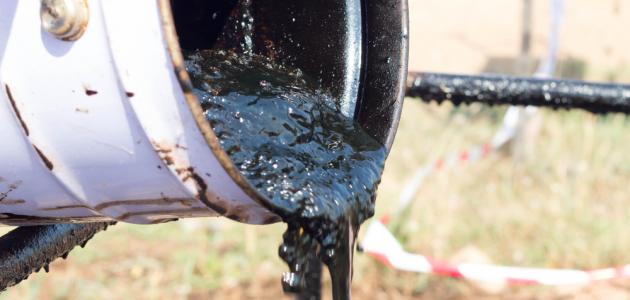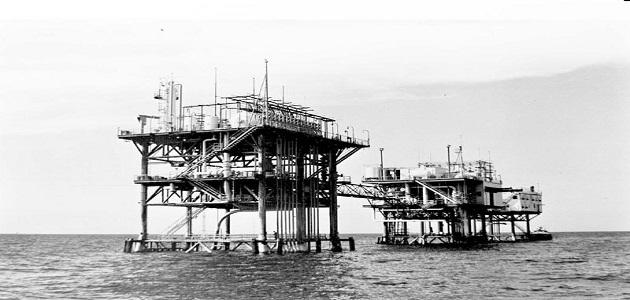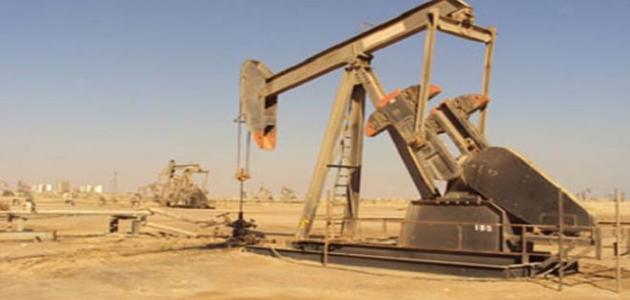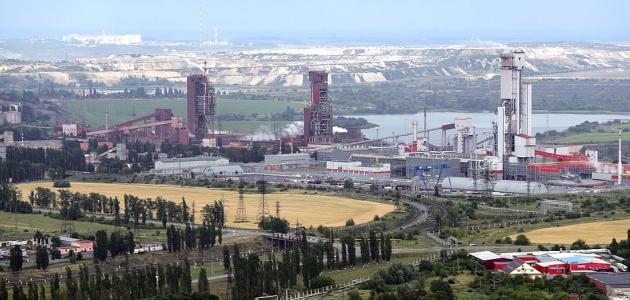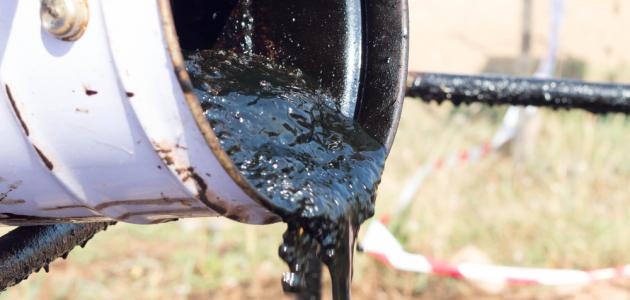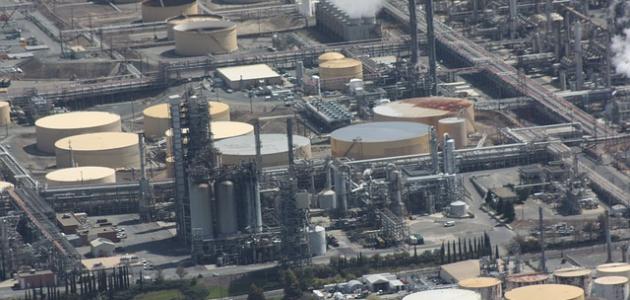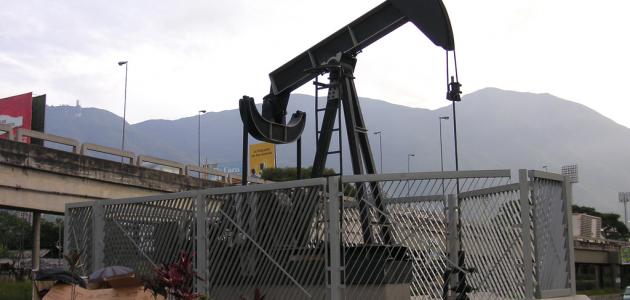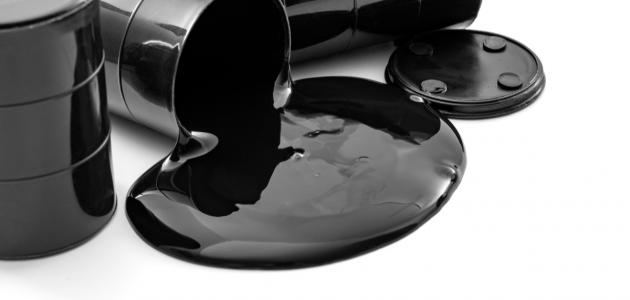The history of knowledge of oil is very old, and its extracted forms evolved, which is the first engine of modern civilization, as it is the first driving energy for all the machines of the modern era in all its forms, and it is believed that oil was formed millions of years ago from the decomposition of organic bodies, and the concentration of the carbon element in them, as a result of pressure from the ground layers.
Oil refining
It means the processes through which oil is treated, the required carbon materials are extracted, and converted into a form that can be consumed, by breaking its molecules, and reshaping them with a new chemical structure.
Major oil refining operations
physical separation processes
In which particles are separated using distillation towers, where each substance is separated at its boiling and condensing temperature, or by using coolers that separate heavy substances from the oil components by cooling, or by using chemical solvents.
chemical conversion processes
It is a process of improving the quality of the extracted materials, as in the physical separation processes, by conducting chemical operations under the influence of heat, pressure and auxiliary factors, and using the carbonization method, where heat and high pressure are used to break down the heavy particles of the petroleum material extracted in the distillation process, to produce a better and purer quality The carbonization process is also used to produce coke from the remaining materials from the thermal cracking process, and catalysts are also used, in order to crack at high temperatures, without the need to generate high pressure.
Read also:How to make charcoalTreatment and purification processes
It is the process of purifying petroleum products from unwanted impurities, such as sulfur and others, which lead to damage to the devices that burn them. These processes take place in more than one stage, including:
- Hydrogen sulfide filtration This is done by removing hydrogen sulfide, which is a foul-smelling and undesirable substance, which is either in the raw material itself, or results from the aforementioned various chemical processes in refining.
- Filtering compounds It is the removal of these undesirable and foul-smelling compounds, using caustic soda solutions if they are light compounds with a boiling point of less than 100 °C. If they are heavy compounds, they are disposed of using desalination processes by converting them into harmless disulfide.
- Hydrogen purification By converting harmful sulfuric materials that corrode metals into hydrogen sulfide compounds.
Enhancement additions
Which is represented by adding some improving materials to petroleum derivatives, such as increasing the viscosity of motor oils, increasing the density of lubricating oils, and their heat resistance...etc.
Read also:Oil well drilling
